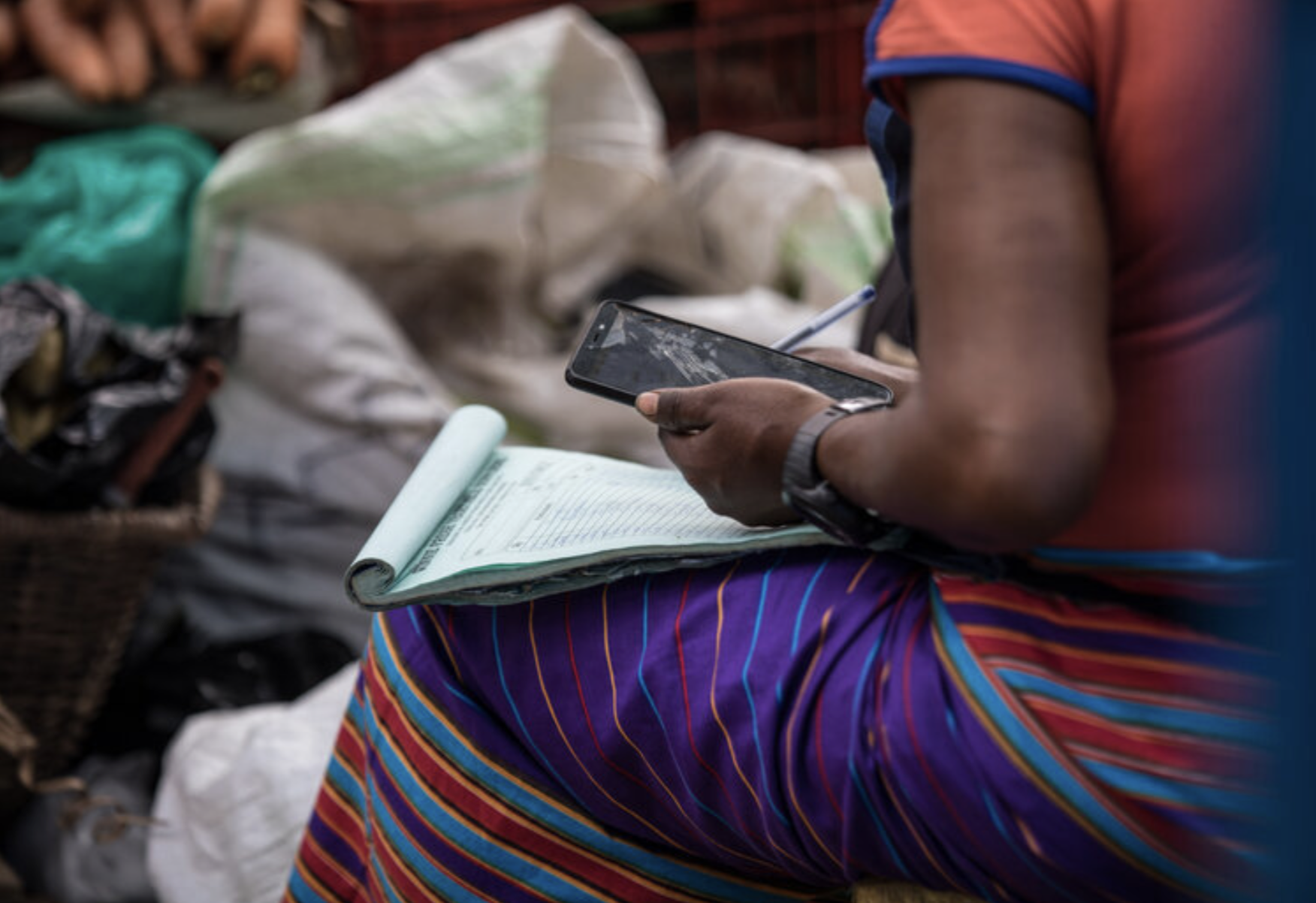Irene B Muhenda |
The fintech revolution has reshaped financial services, making them more accessible and efficient through technology. This includes mobile banking, internet banking, digital payments, investment platforms, and lending services. Despite its transformative potential, fintech remains less accessible to women, who face unique barriers in fully benefiting from these innovations.
Societal norms and preferences for cash transactions significantly hinder women from embracing fintech solutions. In many regions, women are less likely to have bank accounts or digital payment tools, exposing them to greater risks of fraud, cyber-attacks, and data breaches.
Gender biases embedded in credit scoring models further restrict women’s financial access. These models often overlook non-traditional income sources common among women, leading to lower credit scores and reduced access to loans. This is particularly problematic for women entrepreneurs, such as market vendors “Mudaala ladies” and street vendors commonly known as “Batembeeyi” who rely on small loans to sustain their businesses.

High-interest rates on digital loans also disproportionately affect women, exacerbating financial strain and limiting business growth. Furthermore, limited financial literacy and technology access, coupled with unstable internet connectivity, deepen these challenges. For instance, many women in rural areas lack the digital skills needed to navigate fintech platforms, thereby missing out on opportunities to enhance their financial independence.
To empower women through fintech and promote inclusive financial participation, addressing these disparities is crucial. Efforts should focus on:
Educational Programs: Implementing targeted financial literacy programs to enhance women’s understanding and use of fintech.
Inclusive Credit Scoring: Developing credit scoring models that consider diverse income sources and non-traditional credit indicators.
Affordable Financing: Offering lower interest rates and more flexible loan terms tailored to women entrepreneurs.
Technology Access: Expanding access to affordable internet and digital devices, particularly in underserved areas.
By tackling these barriers, we can create a more inclusive financial ecosystem where women can thrive. Policymakers, fintech companies, and community organisations must collaborate to ensure that the benefits of fintech are accessible to all, paving the way for a more equitable financial future.
Empowering women through fintech is not just a moral imperative; it is essential for economic growth and societal progress. As we continue to innovate and expand financial technologies, we must prioritise inclusivity, ensuring that no one is left behind in the digital financial revolution.
